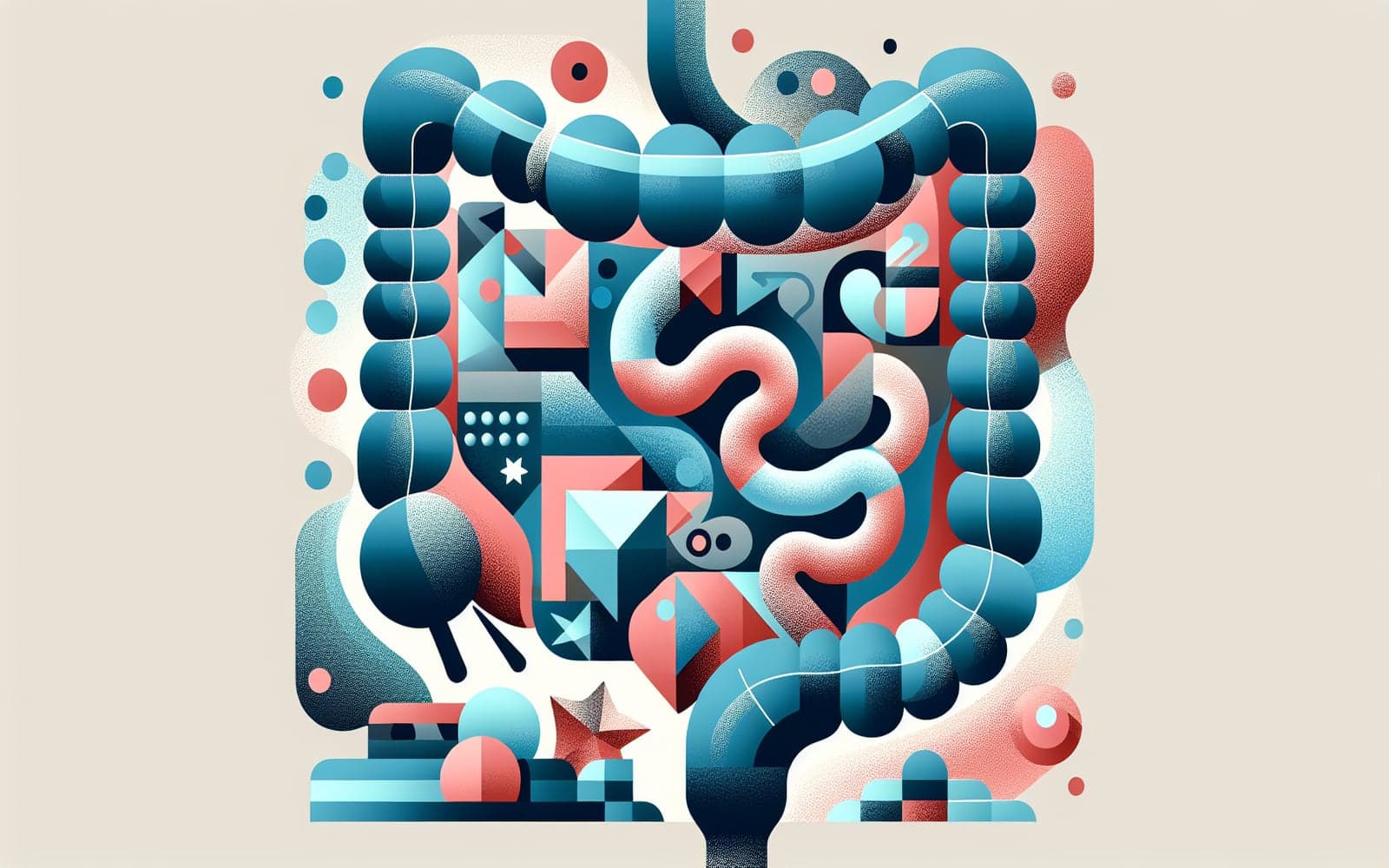What Really Causes Large Bowel Obstruction? The Truth Revealed!
Published: Jan 30, 2024
Understanding the causes behind large bowel obstruction can help in preventing and managing this serious condition.
Contents
Malignant Causes: The Cancer Connection
Cancer is a leading cause, responsible for 60% of large bowel obstructions. Colorectal cancer often leads to emergency situations where the blockage is the first sign of the disease. Recognizing cancer as a potential cause is crucial for early intervention.
Benign Causes: More Than Meets the Eye
While less common, benign causes like volvulus, hernias, and strictures from surgeries or inflammation can also lead to obstruction. These causes might not be as life-threatening as cancer but still require medical attention.

Rare Culprits: The Unusual Suspects
In rare cases, conditions like endometriosis or appendiceal mucocele can cause large bowel obstruction. Although uncommon, awareness of these conditions can help in diagnosing unexplained symptoms.
Frequently Asked Questions
Cancer is the primary cause, responsible for 60% of cases.
Yes, conditions like volvulus and hernias can cause obstructions.
Yes, rare causes include endometriosis and appendiceal mucocele.
Because obstruction can be the first sign of undiagnosed cancer.
Key Takeaways
Knowing the causes of large bowel obstruction helps in early detection and treatment.
Next steps: Discuss potential causes and symptoms with Doctronic today.Related Articles
References
Markogiannakis H, Messaris E, Dardamanis D, et al. World J Gastroenterol 2007; 13:432.
Catena F, De Simone B, Coccolini F, et al. World J Emerg Surg 2019; 14:20.
Always discuss health information with your healthcare provider.